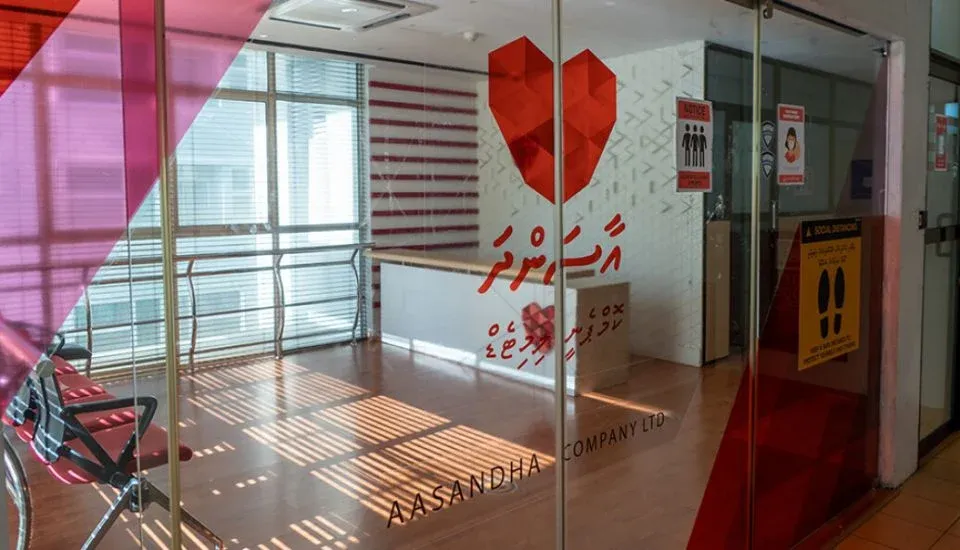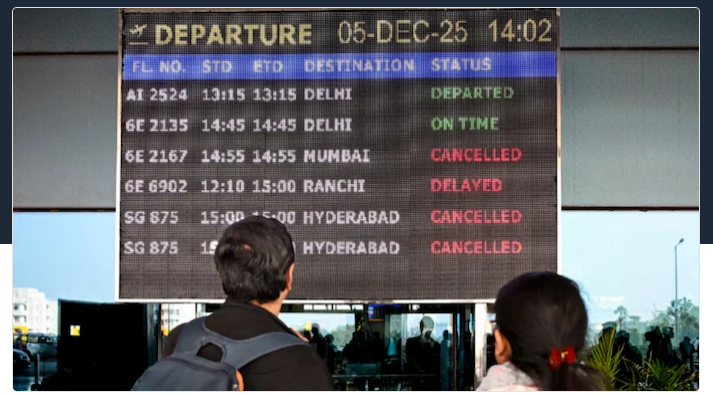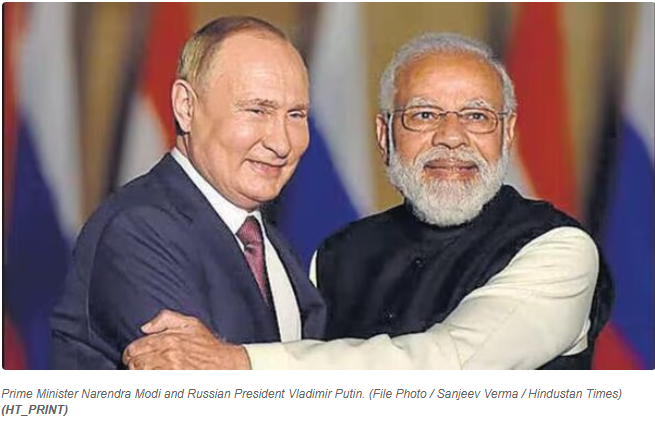MALE’, Maldives — In an era where data drives healthcare decisions, the Maldives’ national health insurance provider sits on a treasure trove of medical information that remains largely unanalyzed, while officials uncover systematic price inflation that could be costing the SOE millions.
Aasandha Company, which manages the nation’s universal healthcare program, collects extensive data on everything from prescription patterns to disease prevalence across its 186 inhabited islands. However, sources familiar with the operation say this valuable information isn’t being mined for insights that could improve public health policies or control costs.
“We’re collecting detailed healthcare data from every corner of the Maldives, but we lack the internal mechanisms to analyze and act on this information,” said a former IT official who requested anonymity because they weren’t authorized to speak publicly.
The absence of robust internal auditing has created blind spots in the system’s oversight, allowing price irregularities to go unchecked. This systematic failure became apparent when officials discovered that Lucentis, an eye medication imported for $500, was being billed to Aasandha at 23,000 rufiyaa ($1,500) — a markup that went undetected until a manual review was conducted.
The investigation has also revealed discrepancies in drug importation records. The Lucentis injection, registered for import by one company, was never actually imported by them, according to CEO Ms. Heena Waleed. Instead, it was being supplied through a different provider at inflated rates.
The impact on patients has been immediate. One recipient, who previously received the medication through covered care, reported on social media having to pay 24,000 rufiyaa ($1,560) out-of-pocket for the same injection.
The review has also highlighted critical gaps in medical infrastructure. Despite serving a population of over 500,000, the nation has only one or two hospitals equipped with Holter monitors — essential devices for continuous heart monitoring that typically cost between $500 and $2,000.
Healthcare experts suggest that implementing basic data analytics could help identify patterns of overcharging and potential fraud, while also providing valuable insights into the nation’s health trends. However, the company has yet to establish a dedicated data analysis unit or regular internal audit procedures.
The sources say discussions are underway to modernize the system’s oversight capabilities.










